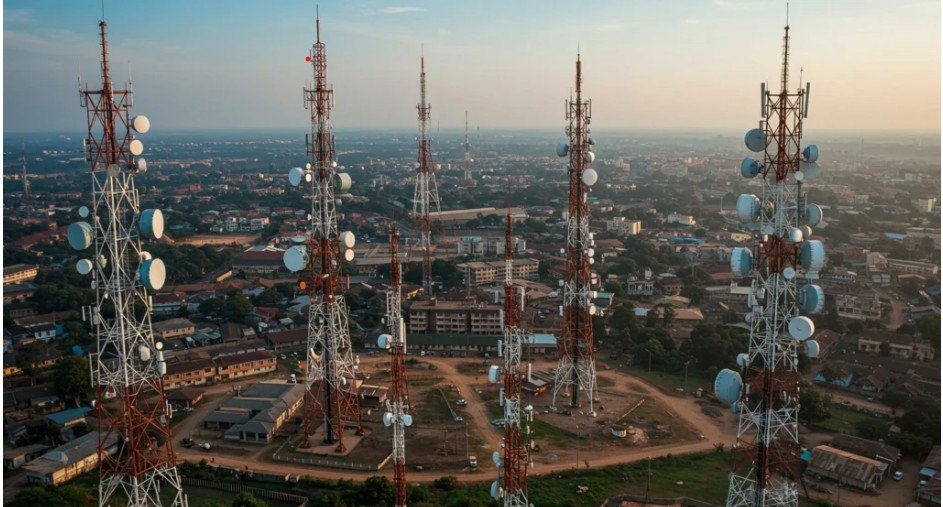
Three African countries lead others in the continent’s five per cent contribution to global electronic waste (eWaste) menace, amounting to 2.2 Mt. The world is reported to have generated 44.7Mt eWaste in 2017.
The African countries are Egypt (0.5 Mt), South Africa, and Algeria (each 0.3 Mt). They ranked highest in terms of countries from the region that generates huge eWaste. The Global eWaste Monitor 2017, produced by the International Telecommunications Union (ITU); United Nations University and International Solid Waste Association (ISWA), decried that currently, little information is available on the amount of e-waste documented that is collected and recycled by the formal sector in Africa.
According to the report made available to The Guardian, only a handful of countries in the continent have enacted e-waste-specific policies and legislation. The eWaste Monitor said the African continent hosts the least number of direct manufacturers of Electronics and Electrical Enginerings (EEEs), yet it carries a significant burden of contribution to the global e-waste problem, generating about 2.2 Mt yearly from domestic output.
It disclosed that in the 53 countries in Africa, which have 1.2 billion inhabitants, each generating 1.9 kg of e-waste. Africa has zero collection rates.In Asia, with 49 countries and 4.4 billion inhabitants, each generating 4.1kg of eWaste, the region generates 40.7 per cent, about 18.2 Mt. In Americas, with 35 countries and one billion inhabitants, the region generates11.3 Mt, which is about 25.3 per cent of global eWaste generated. Europe with 40 countries and a population of seven hundred million generates 12.3 Mt, about 27.5 per cent eWaste with 35 per cent collection rate.
According to the 110 page document, most of this is derived from imports of new and used equipment, and a few local assembly plants. It noted that locally derived generation is believed to constitute about 50 per cent to 85 per cent of total e-waste generation, the rest being from the transboundary illegal import from developed countries in the Americas and Europe, and from China.
The report observed that only very few countries (including Uganda and Rwanda) have any formal official government policy documents specific to e-waste management, adding: “In addition, despite the fact that almost all African countries have ratified the Basel Convention, most have not domesticated this in the form of appropriate legislations for various waste streams. As yet, only Madagascar (2015), Kenya (2016), and Ghana (2016) have formally passed a draft of e-waste bills into law. Several other countries (South Africa, Zambia, Cameroon, and Nigeria) are still working to achieve this in parliament. It revealed that many illegal e-waste shipments into Nigeria are stuffed in second-hand vehicles or other containers.According to the report, recycling activities are dominated by ill-equipped informal sectors, with related inefficient resource recovery and environmental pollution.
[ad unit=2]






